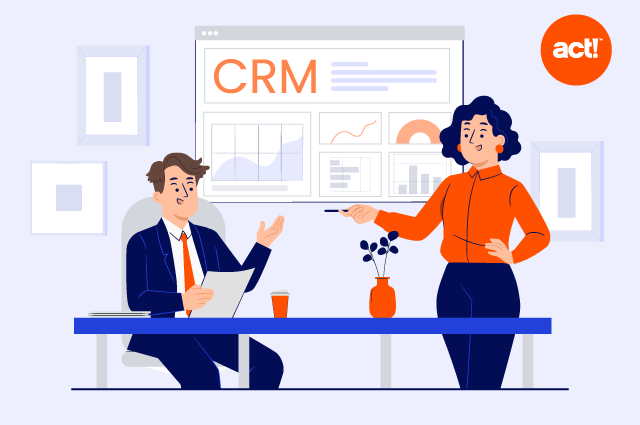
Now, more than ever, technology is playing a crucial role in relationship management. Many businesses rely on software or some application to keep track of their clients. The result is more efficient and more effective communications that are backed by data, rather than intuition.
This doesn’t just apply to a few companies; small businesses now have access to technology that was once reserved for enterprise-level businesses – at a fraction of the price with minimal setup requirements. Any business can invest in marketing technologies – (and they are), and what we’re witnessing now is a migration to a more analytic process.
According to a recent ALF report, marketers and/or businesses are investing in CRM at the rate of 70%. This is because CRM systems allow users to provide an improved customer experience by more quickly identifying their needs.
“The direction of this investment – again, unsurprisingly – is towards marketing technologies, with nearly half of all marketers seeing automation and CRM as the key areas for investment to enhance lead generation and customer experience.”
These statistics might be surprising to you since CRM software is by no means new. However, businesses used to struggle to implement their CRM software, so many shied away from the investment for the fear of poor user adoption. The problem was they couldn’t get employees to break their habits and use a tool that would make their lives easier.
We’re seeing this dynamic change too. According to a recent article, businesses are now moving past the adoption stage and learning how to use CRM for customer engagement:
“As more tech-savvy millennials enter the workforce and developers produce streamlined, cloud-based products that are easier to implement, the discourse on CRM is shifting. Business managers are less concerned about user adoption and more concerned about how to capitalize on their company’s relationships—that is, how to use CRM software for effective customer engagement.”
Engaging customers will become even more important in terms of relationship management. In addition to meeting their expectations, you also want to interact with them in a way that establishes customer loyalty.
Relationship management has made big strides over the past couple of years. We’re now seeing businesses invest more in marketing technologies and use CRM software to engage customers. As time goes on, we expect analytics to play an even bigger role in the marketing process.
Still looking for a CRM that’s the right fit for you and your business? Click here to try Act! for free for 14 days!





